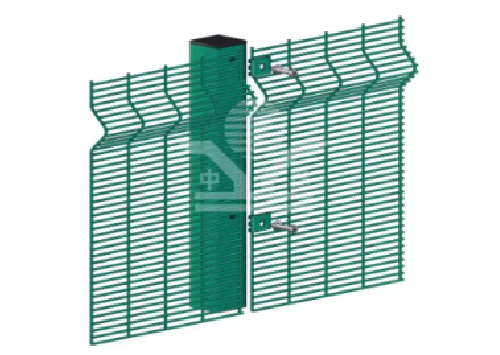

സെപ് . 11, 2024 20:55 Back to list
The Importance of Municipal Solid Waste Sorting Lines
In an age where urbanization and population growth continue to escalate, the management of municipal solid waste (MSW) has become a pressing concern for cities around the globe. The efficient handling of waste through sorting lines plays a crucial role in the sustainable management of solid waste, ensuring that recyclable materials are separated from general refuse, thereby minimizing landfill use and fostering environmental conservation.
Municipal solid waste sorting lines are specialized systems designed to sort through collected waste and separate materials based on their type and recyclability. This process typically involves a series of mechanical and manual operations, utilizing technologies such as conveyor belts, shredders, magnetic separators, air classifiers, and optical sorters. Each component of the sorting line is engineered to optimize the efficiency of the waste management process, converting what was once viewed as garbage into valuable resources.
One of the primary benefits of waste sorting lines is the increase in recycling rates. By efficiently separating recyclable materials—such as plastics, metals, paper, and glass—from waste, these lines contribute to a circular economy, where materials are reused rather than disposed of. For instance, recycling aluminum saves up to 95% of the energy required to produce new aluminum from raw materials. This not only conserves energy but also significantly reduces greenhouse gas emissions associated with waste disposal and raw material extraction.

Furthermore, sorting lines play a vital role in reducing the amount of waste sent to landfills. Many municipal landfills are nearing capacity, leading to environmental issues such as soil contamination and methane emissions—both serious threats to public health and ecosystems. By diverting recyclable materials from landfills, sorting lines extend the lifespan of these facilities and mitigate their environmental impact. Additionally, composting lines can be integrated into sorting operations to manage organic waste, creating valuable compost for agricultural use while minimizing organic matter in landfills.
The implementation of efficient sorting lines also promotes public awareness about waste management and recycling. As community participants witness and engage in the waste sorting process, they become better informed about the importance of reducing, reusing, and recycling. This increased awareness can lead to more responsible consumption habits and reduce overall waste generation at the source.
Challenges, however, remain in the development and maintenance of municipal solid waste sorting lines. The initial investment in advanced sorting technologies can be substantial, and cities must also ensure that the workforce is adequately trained to operate and maintain these systems. Additionally, there can be variability in the quality of the materials collected for sorting, which can impact the efficiency of the recycling process. Therefore, public education campaigns and proper waste disposal programs are essential to complement the functionality of sorting lines.
In conclusion, municipal solid waste sorting lines are pivotal in transforming the way cities manage their waste. By enhancing recycling rates, reducing landfill use, and promoting public awareness, sorting lines contribute significantly to environmental sustainability. As urbanization continues, it is imperative for cities to invest in and prioritize effective waste management solutions, ensuring a cleaner, greener future for all.
Latest news
Troubleshooting Common Eddy Separator Problems
NewsJul.04,2025
The Role of Metal Recycling Plants in Circular Economy
NewsJul.04,2025
The Impact of Recycling Line Pickers on Waste Management Costs
NewsJul.04,2025
Safety Features Every Metal Shredder Should Have
NewsJul.04,2025
How Industrial Shredders Improve Waste Management Systems
NewsJul.04,2025
How Cable Granulators Contribute to Sustainable Recycling
NewsJul.04,2025